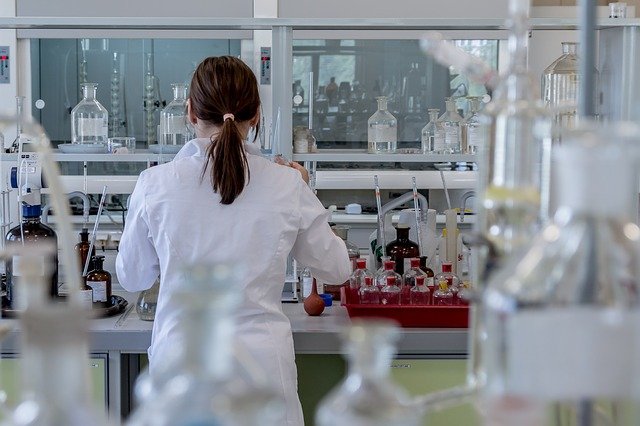Canada, anti-AIDS activists: “The government is not doing enough”

MONTREAL – The sos launched in Montreal during the 24th International AIDS Summit 2022 did not fall on deaf ears: Federal Minister of Health, Jean-Yves Duclos, said the government will invest $ 17.9 million to increase the access to HIV testing in remote communities and among hard-to-reach populations. But activists involved in the fight against AIDS say the announcement “must be followed by more actions”.
Duclos said the federal government will use $ 8 million to fund the distribution of self-test kits, which can be acquired anonymously and used at home, while the other $ 9.9 million will go to the distribution of HIV tests. in the northern communities of Canada, remote or isolated. “HIV infection rates remain high in Canada and other countries. Providing people with access to testing and treatment can help reverse this trend. Removing barriers is key to ending the AIDS pandemic”, he said, pointing out that access to testing – and the treatment it allows – is more difficult in some communities, including indigenous and “racialized” communities.
Jody Jollimore, executive director of the Community-Based Research Center, a Vancouver-based organization that advocates for the health of people of different sexualities, said the announcement is a good first step, but not enough. “Obviously, this was not what we were hoping for”, Jollimore said. As CTV reports, the activist said helping to ensure people know their HIV status is important, but further action is needed. “By itself, that’s not enough. HIV-affected communities continue to suffer from the stigma and discrimination that put them at high risk of HIV infection and act as a barrier to treatment and care testing”, Jollimore said, adding that access to prevention, such as pre-exposure prophylaxis, is inconsistent across Canada where about 17,000 people, according to the activist-led organization, have HIV but don’t know their status.
Ken Monteith, executive director of a network of AIDS organizations in Quebec called COCQ-SIDA, said the federal government also needs to address the criminalization of HIV status nondisclosure. “Criminalization, at all levels, prevents us from protecting the health of our communities”, he said. In this regard, the Minister of Justice, David Lametti, announced that the federal government will study the modification of the law according to which people who do not disclose their HIV status can be prosecuted for aggravated sexual assault even if the treatments have made them unable to transmit the virus.
According to data held by the national health authorities, there are 63,000 people living with HIV in Canada. Globally, around 1.5 million people were infected with HIV last year and an estimated 650,000 deaths have been linked to AIDS, according to UN data.
Image by Michal Jarmoluk from Pixabay



